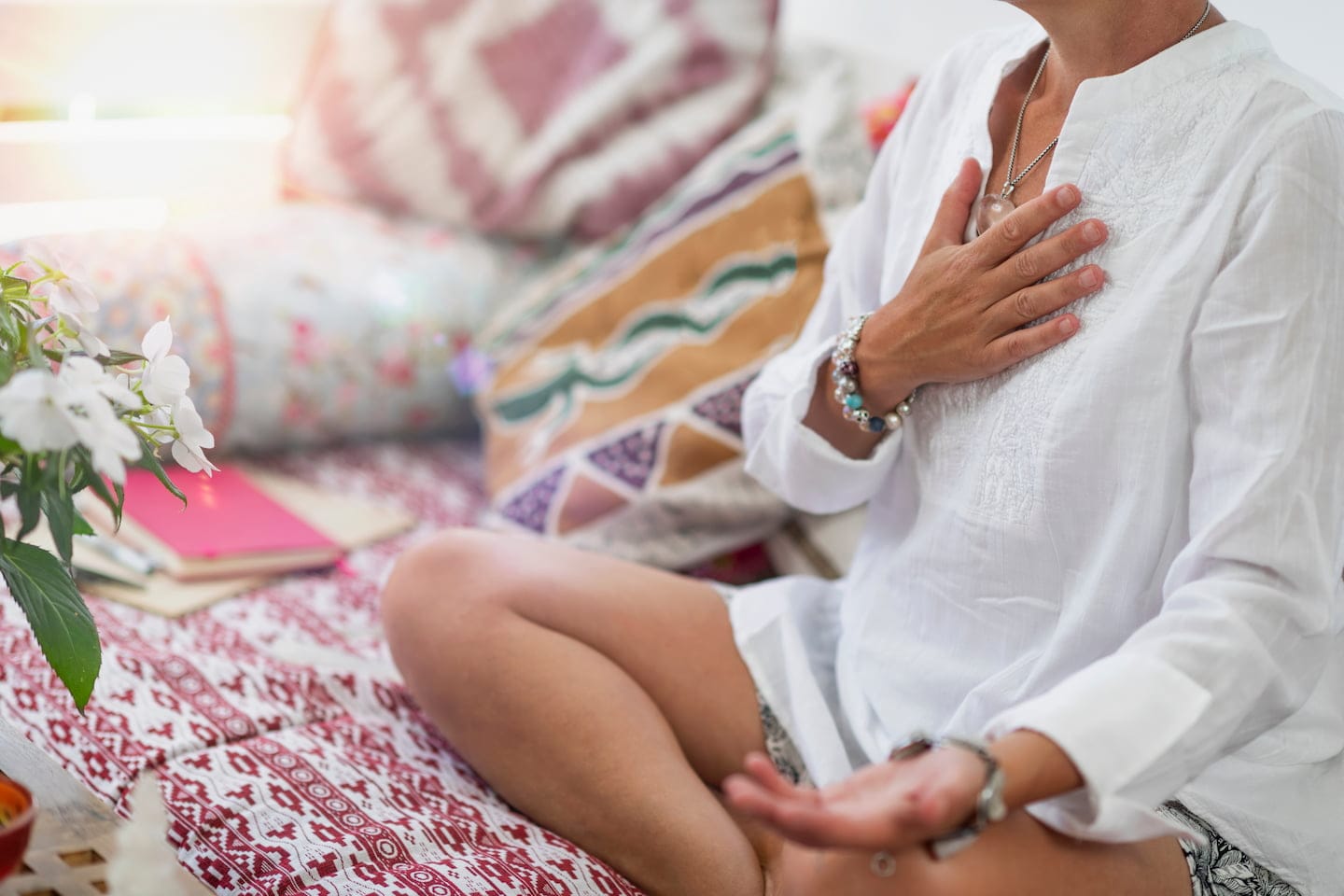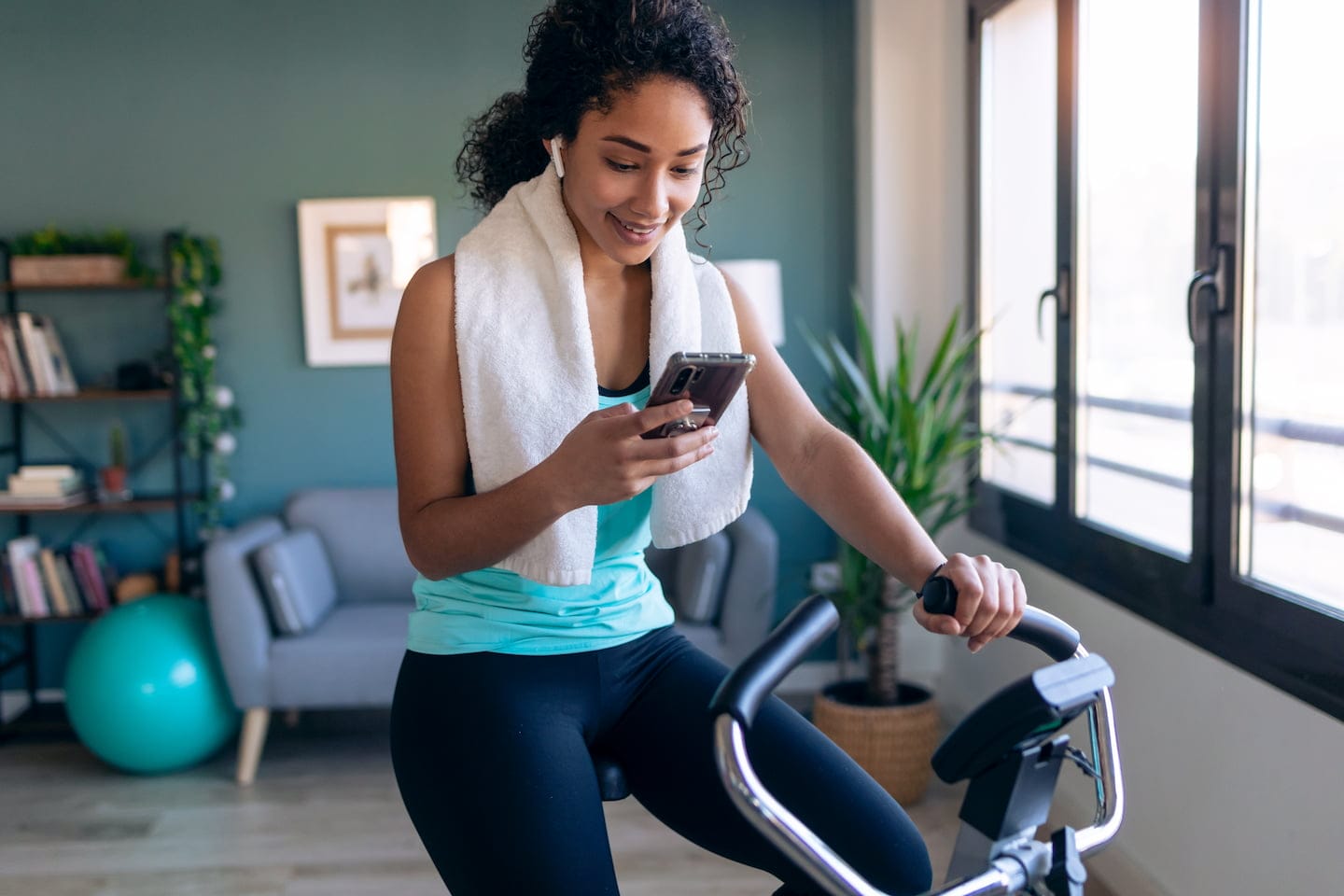Quality Sleep 101 with Dr. Emily Lipinski
December, 2020Sleep hygiene is habits that help you have quality sleep. Bad sleep habits cause most of the common sleeping problems – and poor-quality sleep can affect our immune system.
We chatted with Dr. Emily Lipinski, a naturopath and sleep hygiene expert, about the importance of sleep to our immune system during cold and flu season and how to get better quality sleep for overall wellness.

Q: What is the importance of quality sleep?
A: When we sleep, we strengthen our immune system by regulating natural killer cells, T cells and antibodies. A deep quality sleep allows our immune system to be more robust, which will help with fighting off infections, viruses and bacteria more efficiently and effectively. When we get poor quality sleep, it puts us at a greater risk of getting an infection because our immune response is altered.
In the winter, we of course have cold and flu season, but we also have a lack of sunlight, which can result in vitamin D deficiency. Since people are more likely to get sick, it’s even more important to strengthen our immune system during the winter months and getting quality sleep can help.
Q: What are they key factors to improving sleep quality and quantity?
A:
- Getting less than 7 hours of sleep. Missing out on an hour of sleep here may only have a minor effect, but chronic lack of sleep increases inflammation in your body and can significantly reduce the effectiveness of the immune system and put us at risk of depression and development of chronic diseases.
- Blue Light. In general, people are getting less sleep. This is likely due to the increase of blue light coming from your smart phone, laptops, tablets and televisions. Blue wavelength tricks your brain into thinking it’s the afternoon, inhibiting you from falling into deep sleep when you use your devices too close to your bedtime. If you can’t turn your screens off 1 hour before bed, try a blue light blocking app. Although it’s not fool proof, it can help reduce the amount of blue light you’re exposed to.
- Reduce Caffeine. It can take 8 to 12 hours to metabolize coffee, and some people metabolize slower than others. If you drink coffee past noon, it could still be in your system when you’re trying to fall asleep. Try an herbal tea in the afternoon instead!
Q: What are the best ways to prepare for a good night’s sleep?
A: It’s important to relax before bed. Although scrolling through your phone may feel relaxing, it’s actually stimulating. Put away your screens and try stretching, practicing yoga or focusing on deep breathing instead.
Some of my patients use their time before bed to do their beauty routine like dry brushing or giving themselves a face massage. Think of it this way, when putting a baby to bed, you relax them in gentle, calming ways. You read them a story, play calming music or rock them to sleep. You wouldn’t put a baby in front of a television to help them sleep and you should avoid doing this for yourself.
We need to be gentler with our bodies before going to bed for a deeper sleep.
Q: What can people do to help them fall asleep?
A:
- Increase your melatonin naturally. Make your room as dark as possible with blackout curtains or wear an eye mask to bed. If you’re surrounded by noisy neighbours or street traffic, block it out with ear plugs or a noise machine. Find what kind of noise works best for you – brown noise can be especially effective for sleep, but some people prefer binaural beats.
- Sleep in a cold room. Keeping your bedroom at 16 to 18°C is best for optimal sleep. If you find that you feel too cold to turn down the heat, try taking a warm bath or warm up your bed with a hot water bottle before getting in.
- Stick to a sleep schedule. Our bodies like routine; we function better that way. Going to bed and getting up at the same time every day can help enhance sleep quality overtime. Getting to bed before 11pm and waking up earlier in the day can also be helpful for a better overall sleep routine.
Strengthen your immune system this cold and flu season by incorporating these tips in your sleep routine! Sign up for the Defence Zone for more expert guidance on immune health and active living!



